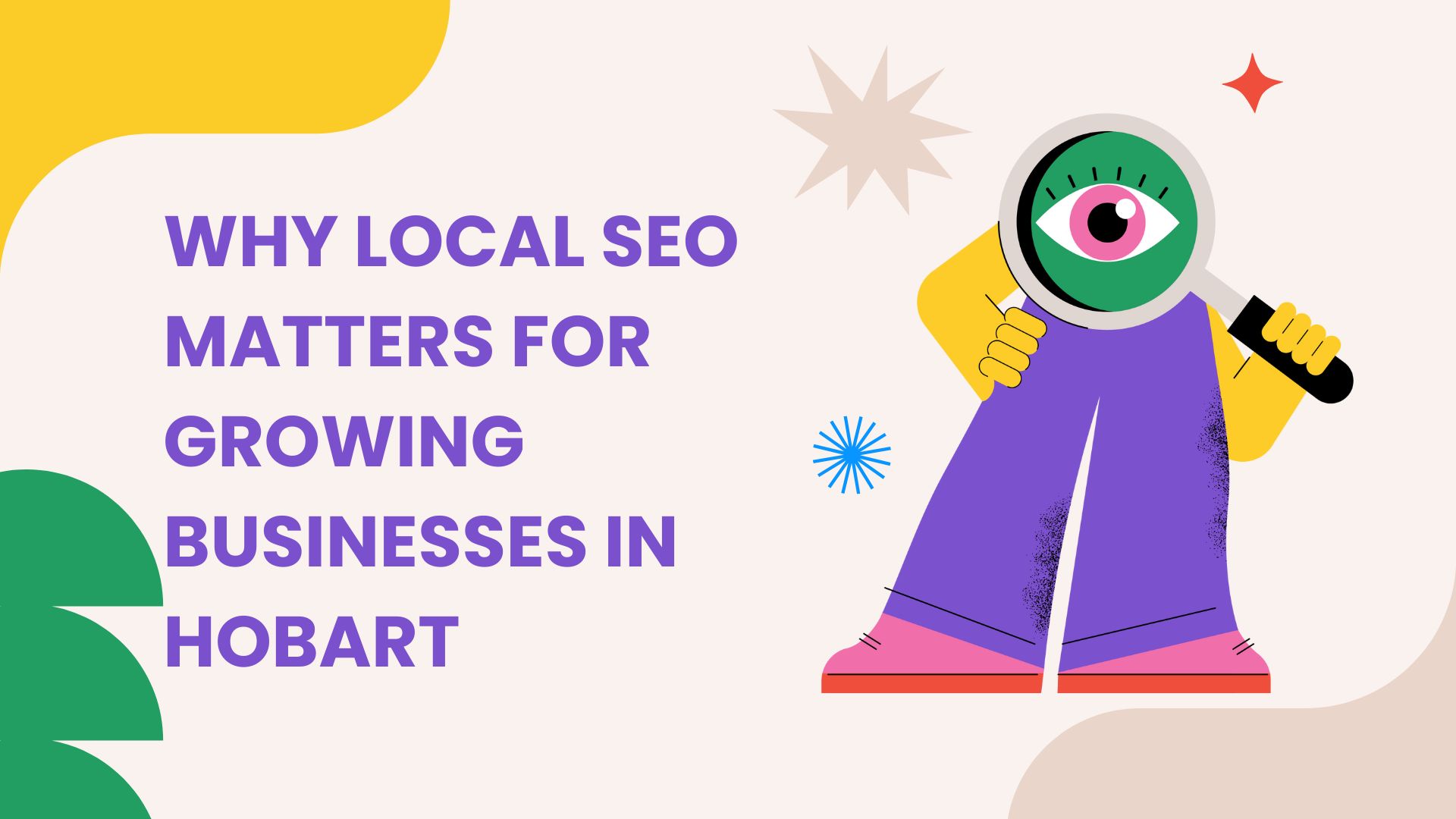In the digital era, having a strong online presence is no longer optional—it’s essential for business growth. Whether you’re a startup, small business, or an established brand, a strategic approach to digital marketing is what helps you reach the right audience, generate qualified leads, and maximize ROI. But how do you achieve this? By knowing How to Plan the Perfect Digital Marketing Strategy.
A well-planned strategy guides your marketing efforts, ensures consistent results, and helps your brand stay ahead of competitors. In this article, we’ll break down the steps to create a powerful digital marketing strategy that drives long-term online growth.
1. Identify Your Business Goals and Objectives
Every great plan starts with clear goals. Without direction, your marketing efforts can quickly become scattered and ineffective.
Before you begin, ask yourself:
- Do I want to increase website traffic?
- Do I want more leads or sales?
- Do I want to boost brand awareness?
- Do I want to grow my social media presence?
Your goals should be SMART—Specific, Measurable, Achievable, Relevant, and Time-bound. For example:
“Increase website traffic by 40% in the next six months” or
“Generate 100 new leads per month from Google Ads.”
Clear goals help you choose the right channels and measure success effectively.
2. Understand Your Target Audience Thoroughly
Knowing your audience is key to planning the perfect digital marketing strategy. The more you understand your customers, the easier it becomes to create content and campaigns that attract them.
Gather insights about your audience such as:
- Demographics (age, location, gender)
- Interests and hobbies
- Online behavior
- Pain points and needs
- Preferred social platforms
Tools like Google Analytics, surveys, and social media insights can help you identify patterns. When you know who your audience is, you can tailor messaging that resonates and delivers value.
3. Analyze Your Competitors to Find Opportunities
A smart marketing strategy involves understanding what your competitors are doing online. Competitive analysis helps you see what’s working, what’s missing, and how you can outperform them.
Study their:
- Website layout and content
- SEO ranking and keywords
- Social media presence
- Paid advertising strategies
- Customer reviews
Tools like SEMrush, Ahrefs, and SimilarWeb can help you gather relevant data. Competitor research shows gaps in the market—powerful opportunities that your brand can fill to gain an advantage.
4. Choose the Right Digital Marketing Channels
Not all marketing channels work the same for every business. Your choice depends on your goals, audience, and industry.
Here are the main digital channels to consider:
Search Engine Optimization (SEO)
Improves organic traffic by optimizing your website for search engines.
Content Marketing
Includes blogs, videos, infographics, eBooks, and more to engage and educate your audience.
Social Media Marketing
Helps you build relationships and attract followers on platforms like Facebook, Instagram, LinkedIn, and TikTok.
Email Marketing
One of the most powerful tools to nurture leads and drive conversions.
Pay-Per-Click (PPC) Advertising
Includes Google Ads, social media ads, and retargeting campaigns to generate fast results.
Influencer Marketing
Boosts brand visibility through trusted personalities in your niche.
Affiliate Marketing
Collaborate with partners who promote your products for a commission.
Choosing the right channels ensures your business reaches the right people at the right time.
5. Create High-Quality Content That Solves Problems
Content is the backbone of digital marketing. If your content fails to provide value, your overall strategy weakens. Focus on creating content that solves problems, answers questions, or inspires action.
Types of impactful content include:
- Blog posts
- Explainer videos
- How-to guides
- Case studies
- Social media stories
- Infographics
- Email newsletters
Consistency is key. A content calendar can help you stay organized and publish regularly.
When your audience finds your content helpful, they are more likely to trust your brand and convert into loyal customers.
6. Optimize Your Website for Conversions and User Experience
Your website is the center of your digital marketing efforts. Even powerful ads or campaigns won’t work if your website is slow, confusing, or difficult to use.
Here’s what you should optimize:
Mobile Responsiveness
A majority of users browse on mobile devices, so your website must work seamlessly across all screen sizes.
Fast Loading Speed
Slow websites increase bounce rates. Aim for a loading time of 3 seconds or less.
Clear CTAs (Call-to-Actions)
Buttons like “Buy Now,” “Sign Up,” or “Contact Us” guide visitors toward conversion.
SEO Optimization
Include relevant keywords, optimize your meta tags, and ensure your site structure is search-friendly.
A well-optimized website increases conversions and boosts your digital marketing performance.
7. Leverage Data and Analytics to Improve Performance
A perfect marketing strategy requires constant evaluation. Analytics help you measure what’s working and what needs improvement.
Use tools like:
- Google Analytics
- Google Search Console
- Facebook Insights
- CRM dashboards (HubSpot, Salesforce)
Track metrics such as:
- Traffic sources
- Engagement rate
- Bounce rate
- Conversions
- Cost per lead
- Return on ad spend (ROAS)
Data-driven decisions help you refine your strategy and focus on efforts that deliver the highest ROI.
8. Test, Improve, and Evolve Your Strategy
Digital marketing is dynamic. Strategies that work today may not work tomorrow. Regular testing and optimization help you stay ahead.
Use A/B testing for:
- Ad copies
- Call-to-action buttons
- Landing pages
- Email subject lines
- Social media creatives
Be ready to adapt your strategy based on results, industry trends, and customer behavior.
Constant improvement ensures long-term success.
Final Thoughts
Understanding How to Plan the Perfect Digital Marketing Strategy is essential for achieving consistent online growth. A well-crafted strategy helps your business attract more customers, increase conversions, and build a strong brand presence. By setting clear goals, knowing your audience, creating valuable content, and optimizing your efforts through data analysis, you can create a digital marketing plan that delivers measurable results.
Digital marketing is not a one-time task—it’s an ongoing process of learning, testing, and improving. With the right approach, your business can achieve sustainable online success.







